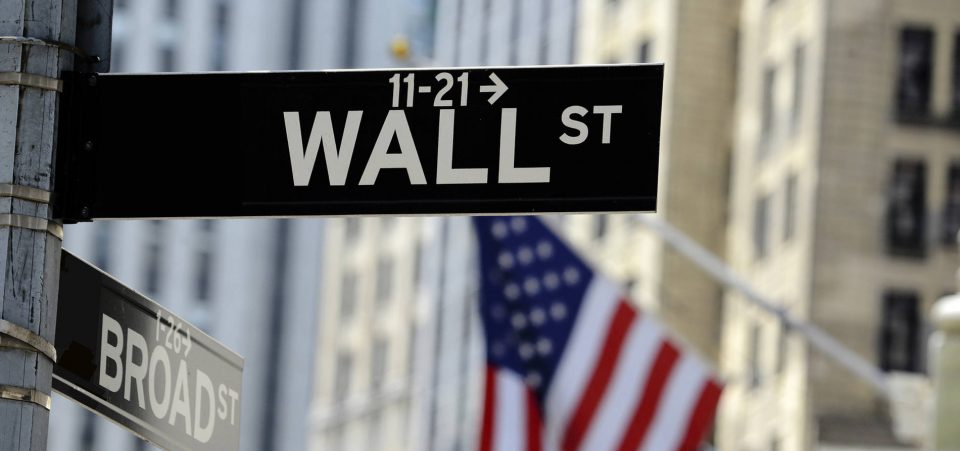Wall Street Continues to Cut Pay
Despite the familiar profligate Wall Street salaries, many bankers have seen a drop in their year-end bonuses since the financial crisis.
According to Johnson Associates Inc.—a consulting firm which helps design banks’ compensation schemes—total compensation is set to decline five percent to 10% for employees at the nation’s biggest banks. (Source: “Wall Street Bonuses to Decline,” The Wall Street Journal, November 6, 2016.)
The downtick continues a seven-year trend for banks, many of which have seen their bonus pools shrink by a third since 2009. Although these bankers still earn an average of $350,000 per year, the industry is quickly losing its comparative allure.
“If you listen to politicians, you’d think bankers are still making money like it’s 2007. They’re not.” said Alan Johnson, who runs Johnson Associates. “You can make this kind of money working at PepsiCo, and life at PepsiCo is lot more pleasant.”
For more than two decades, Wall Street had served as the preeminent destination for graduates of top U.S. universities. The intellectually competitive atmosphere, alongside substantially higher payscales, elevated banking over other business or management tracks.
But now the upper strata of graduates have several destinations to choose from. They could go to Silicon Valley, where compensation is almost as impressive as it is on Wall Street, or else they could aim for the highest rungs at multinational corporations.
Since post-crisis regulations have added more stringent capital controls to bank operations, it doesn’t seem likely that this trend will reverse. The changes are secular. Not only is the dollar amount of compensation shrinking, but it is declining as a percentage of revenue.
For instance, Morgan Stanley’s (NYSE:MS) investment banking and trading business put aside 36% of revenue for compensation, as opposed to 44% in 2013. JPMorgan Chase & Co. (NYSE:JPM) saw a similar drop, from 37% in 2009 to 27% this year.
There has also been a ton of layoffs, which frees up management to cut bonuses without sparking fears that employees will leave in protest. In past years, it was too risky because an employee knew he/she could simply walk across the street to work for a competitor.






